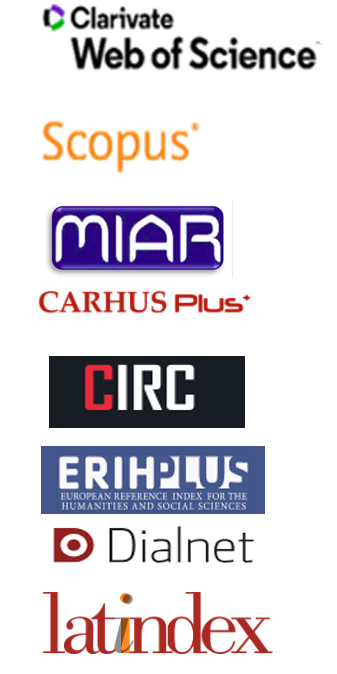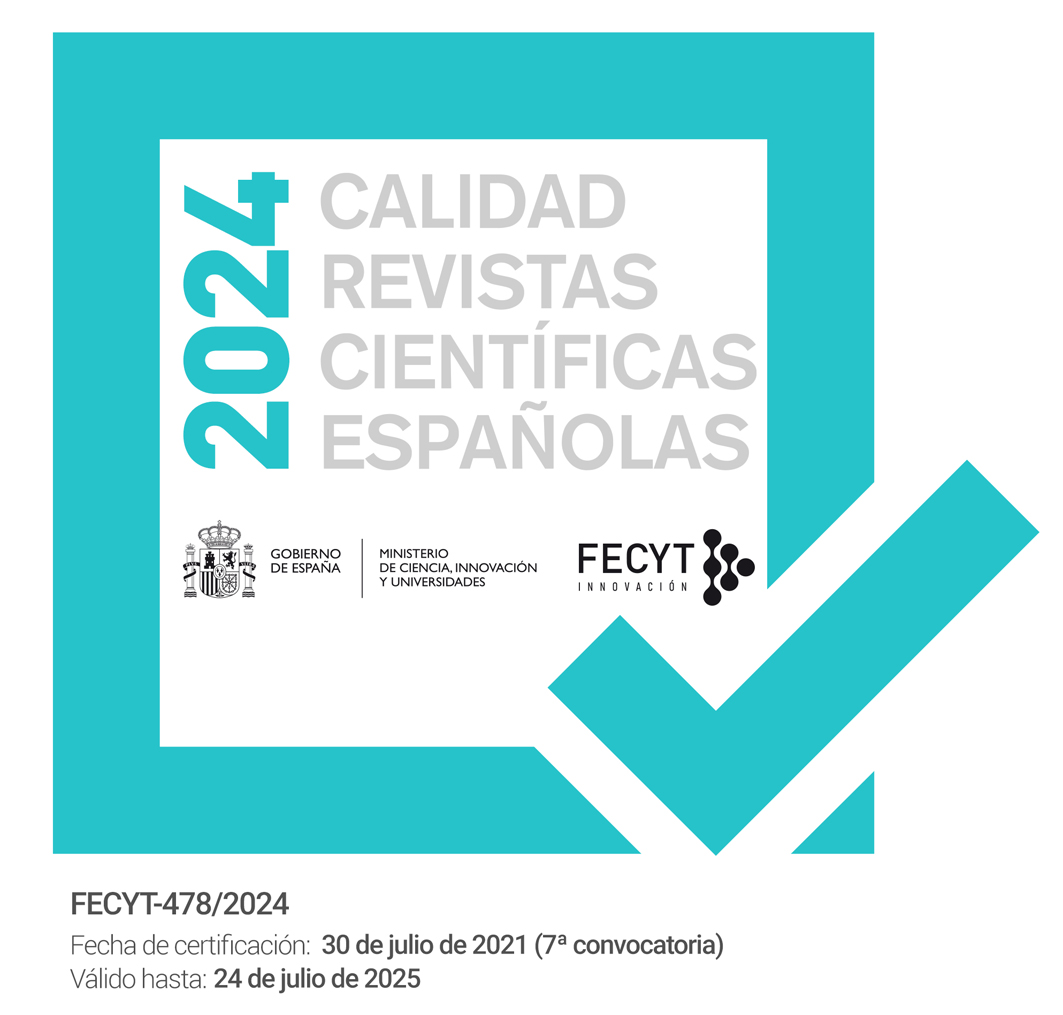From Industry to Creativity and the Arts: Cultural trend analysis in the reconfiguration and cultural management of industrial spaces in Lisbon
Abstract
This paper explores the transformation of former urban industrial heritage sites in Lisbon into creative ecosystems, considering the major cultural trends and mindsets that are changing the city. We analyze the current dynamics, projects, and nature of these new sites and how they have been impacted by sociocultural changes, while highlighting their base heritage. Based on a cultural triangulation, our results point to a big impact of cultural trends in the development of creative communities in former industrial heritage sites, mainly in terms of identity projects, the creation of stories, co-creation dynamics and exchange of knowledge for innovative solutions. This article contributes with a new perspective on Lisbon’s creative network; an understanding of the role of heritage in the reconfiguration of industrial sites into creative communities; offers a methodological framework to advance research on trend analysis in an applied setting of cultural and creative spaces, providing an audit tool of their nature, projects, and dynamics.
Downloads
References
AUGÉ, M. (1995). Non-Places: Introduction to an Anthropology of Supermodernity. London: Verso.
BURAWOY, M. (1998). “The Extended Case Method”, Sociological Theory, 16 (1).
CANTU, W., LOPES, C., GOMES, N. and PRADO, G. (2019). “The Gaze of Culture and Communication”. In Proceedings of the 6th Doctoral Design Conference | DDC’19: TRANSformation, DUARTE, E. (ed.), Lisboa: Edições IADE, 197–203.
CUNHA, P. (2003). “Cidade e programação cultural. O caso do Porto em 2001”, Sociologia, 13: 131–138.
DRAGT, E. (2017). How to Research Trends. Amsterdam: BIS Publishers.
EBEWO, P. and SIRAYI, M. (2009). “The concept of arts/cultural management: A critical reflection”, Journal of Arts Management Law and Society, 38: 281–295. https://doi.org/10.3200/JAML.38.4.281-295.
EDWARDS, J. and COIT, J. (1996). “Mines and Quarries. Industrial Heritage Tourism”, Annals of Tourism Research, 23 (2). https://doi.org/10.1016/0160-7383(95)00067-4.
FORNAS, J. (2000). “The crucial in between: the centrality of mediation in cultural studies”, European Journal of Cultural Studies, 3 (1): 45–65. https://doi.org/10.1177/a010862.
GIL, A. (2008). Métodos e Técnicas de Pesquisa Social. São Paulo: Atlas.
GOMES, N., COHEN, S., CANTÚ, W. and LOPES, C. (2021). “Roteiros e modelos para a identificação de tendências socioculturais e a sua aplicação estratégica em produtos e serviços”, Modapalavra E-Periódico, 14 (32): 228–272. https://doi.org/10.5965/1982615x14322021228.
GOMES, N., COHEN, S. and FLORES, A. (2018). “Estudos de Tendências: contributo para uma abordagem de análise e gestão da cultura”, ModaPalavra, 11(22): 049–112. https://doi.org/10.5965/1982615x11222018049.
GOMES, N. (2019). “Gestão da Cultura: estratégia e articulações no âmbito do branding e das tribos urbanas”, E-revista Logo, 8 (2).
GONÇALVES, S., GONÇALVES, J. and MARQUES, C. (2021). Manual de Investigação Qualitativa, Primeira. Lisboa: PACTOR - Edição de Ciências Sociais, Forenses e de Educação.
HOLT, D. and CAMERON, D. (2010). Cultural Strategy – using innovative ideologies to build breakthrough brands. Oxford: Oxford Press.
HALL, S. (ed.) (1997). Representation: Cultural Representations and Signifying Practices: London: SAGE & The Open University.
HIGHAM, W. (2009). The Next Big Thing. London: Kogan Page.
KONGSHOLM, L. and FREDERIKSEN, C. (2018). Trend Sociology V. 2.0. Hernin: Pej Gruppen.
LAKATOS E. and MARCONI, M. (1992). Metodologia Do Trabalho Científico. São Paulo: Editora Atlas.
LANGE, B., HARDING, S. and CAHILL-JONES, T. (2019), “Collaboration at New Places of Production: a European View on Procedural Policy Making for Maker Spaces”, European Journal of Creative Practices in Cities and Landscapes, 2 (2): 63–81. https://doi.org/10.6092/issn.2612-0496/9556.
MARTIN, B. and HANINGTON, B. (eds.) (2018). The Pocket Universal Methods of Design. Berverly: Rockport Publishers.
McCRACKEN, G. (2008). Chief Culture Officer. New York: Basic Books.
McINTOSH, A. and PRENTICE, R. Affirming Authenticity. Consuming Cultural Heritage. Annals of Tourism Research, 26 (3). https://doi.org/10.1016/S0160-7383(99)00010-9.
POWERS, D. (2019). Trends – The business of Forecasting the Future. Chicago: University of Illinois Press.
RODRIGUES, L.A. (2008). “Gestão cultural e seus eixos temáticos”, In Políticas Públicas de Cultura Do Estado Do Rio de Janeiro, Curvello, M.A. (ed.), Rio de Janeiro: UERJ/DECULT, 76–93.
TEIXEIRA, P. and NETO, J. (2017). “Uma proposta de tipologia para pesquisas de natureza interventiva”, Ciência & Educação, 23 (4): 1055–1076. https://doi.org/10.1590/1516-731320170040013.
VEJLGAARD, H. (2008). Anatomy of a Trend. New York: McGraw-Hill.
- Copyright and intellectual property belongs to author. Author guarantees editing and publishing rights to Ge-Conservación Journal, under a Creative Commons Attribution License. This license allows others to share the work with authorship and the original source of publication acknowledgement.
- Articles can be used for scientific and educational purposes but never for commercial use, being sanctioned by law.
- The whole content of the article is author’s responsibility.
- Ge-Conservación Journal and authors may establish additional agreements for non-exclusive distribution of the work version published at the Journal (for example, on institutional repositories or on a book) with acknowledgment of the original publication on this Journal.
- Author is allowed and encouraged to disseminate his works electronically (for example, on institutional repositories or on its own website) after being published on Ge-Conservación Journal. This will contribute for fruitful interchanges as also for wider and earlier citations of the author’s works.
- Author’s personal data will only be used for the Journal purposes and will not be given to others.









